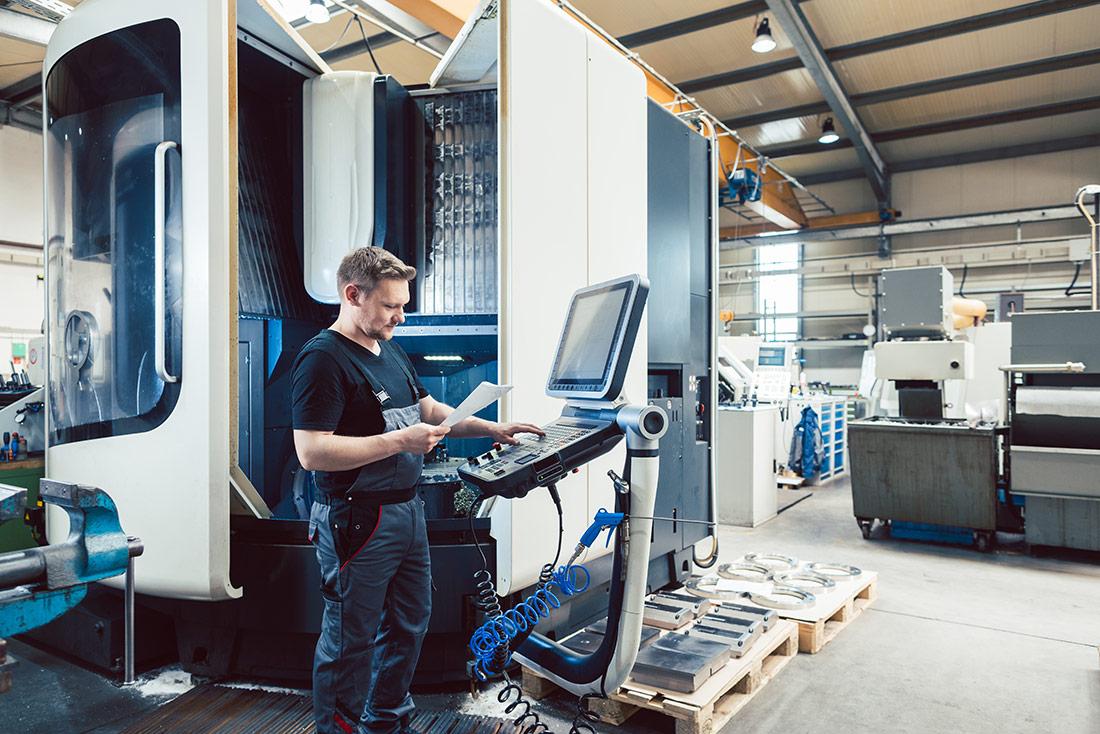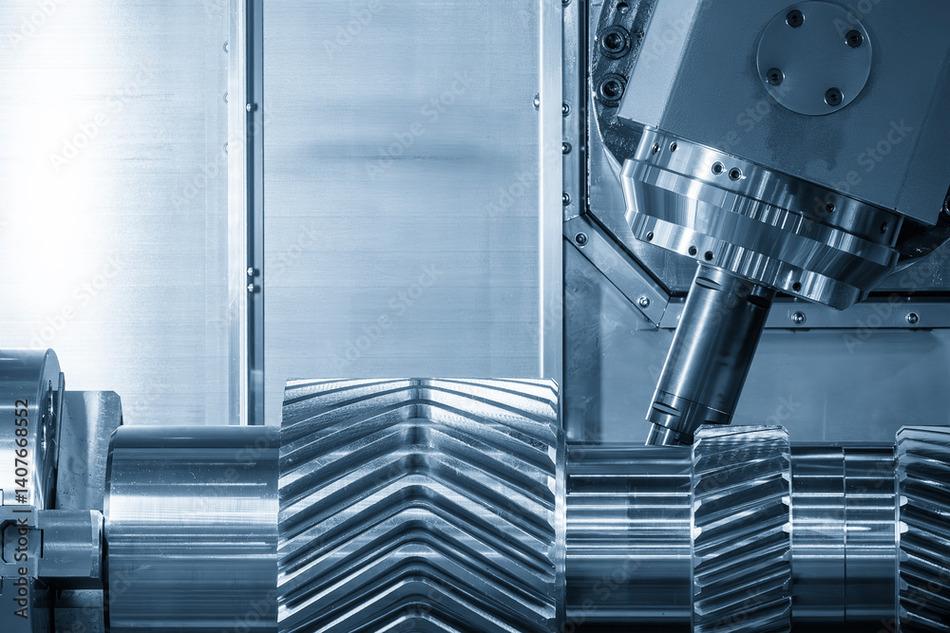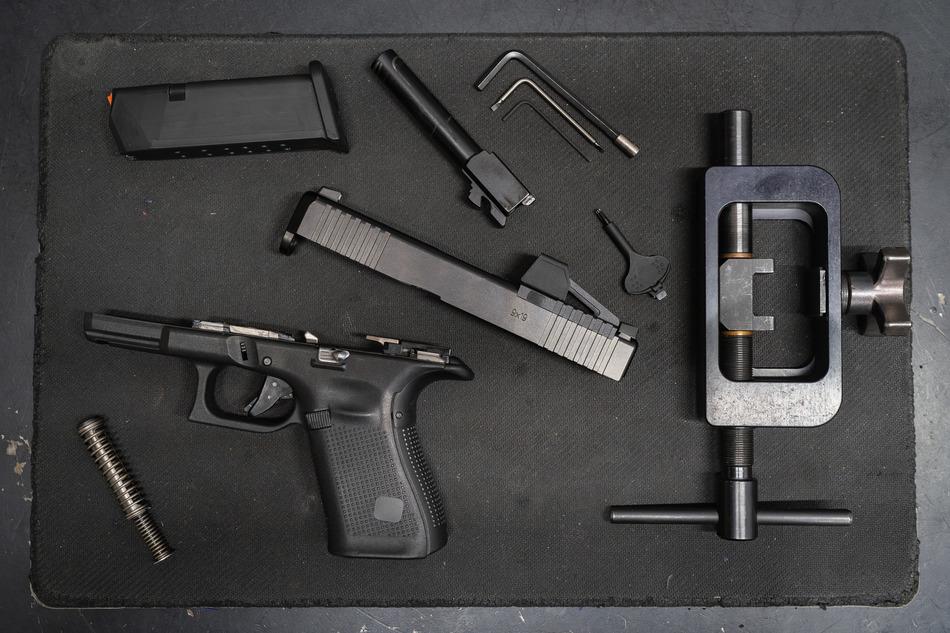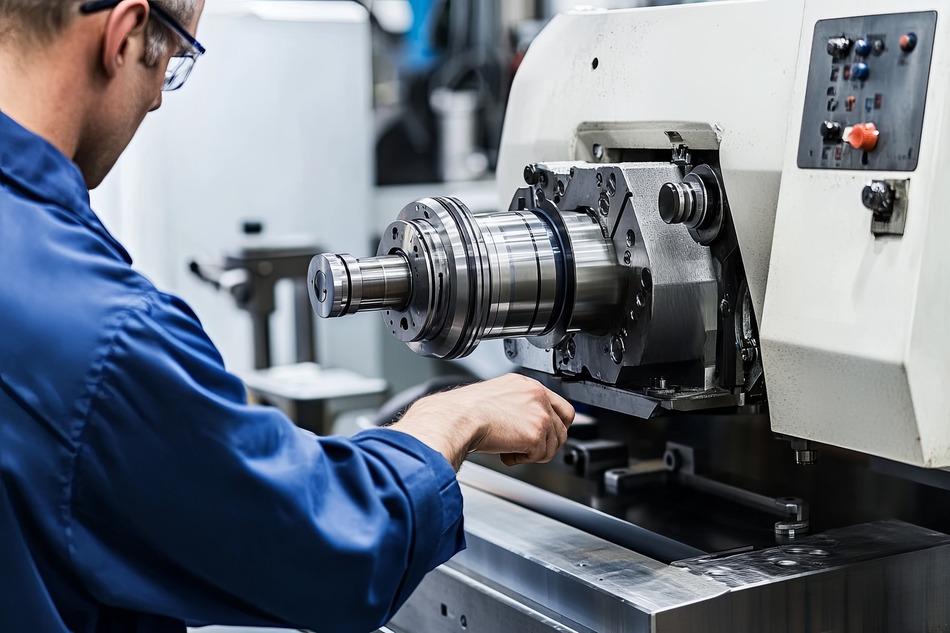The Importance of Regular Maintenance for CNC Machines
CNC machines are the workhorses of modern manufacturing, delivering precise and efficient results. However, to ensure their longevity and consistent performance, regular maintenance is crucial.
In this blog post, we will explore the significance of regular maintenance for CNC machines and discuss essential maintenance tasks and schedules that can prevent breakdowns and optimize productivity. By prioritizing maintenance, you can maximize the lifespan of your CNC machines and minimize costly disruptions to your operations.
Maximizing Performance and Productivity
The importance of regular maintenance plays a vital role in maximizing the performance and productivity of CNC machines. Here’s why:
Preventing breakdowns: Scheduled maintenance allows you to identify and address potential issues before they escalate into major breakdowns. By detecting and resolving problems early on, you can avoid unexpected downtime and maintain uninterrupted production.
CNC machines are the workhorses of modern manufacturing, delivering precise and efficient results. However, to ensure their longevity and consistent performance, regular maintenance is crucial.
In this blog post, we will explore the significance of regular maintenance for CNC machines and discuss essential maintenance tasks and schedules that can prevent breakdowns and optimize productivity. By prioritizing maintenance, you can maximize the lifespan of your CNC machines and minimize costly disruptions to your operations.
Maximizing Performance and Productivity
The importance of regular maintenance plays a vital role in maximizing the performance and productivity of CNC machines. Here’s why:
Preventing breakdowns: Scheduled maintenance allows you to identify and address potential issues before they escalate into major breakdowns. By detecting and resolving problems early on, you can avoid unexpected downtime and maintain uninterrupted production.
Optimizing machine accuracy: CNC machines rely on precise movements and alignments. Regular maintenance ensures that critical components, such as ball screws, linear guides, and tool changers, are properly lubricated, calibrated, and aligned. This helps maintain accuracy and ensures consistent, high-quality output.
Extending tool life:CNC machines work in demanding environments, causing wear on cutting tools. Through regular maintenance, you can inspect and replace worn-out tools promptly. Proper tool maintenance, including cleaning, sharpening, and balancing, extends tool life and reduces the risk of tool failure during operation.
Essential Maintenance Tasks
To keep your CNC machines in top shape, include the following essential maintenance tasks in your regular maintenance schedule:
- Lubrication:Proper lubrication of moving parts, such as ball screws, linear guides, and spindles, is critical. Follow manufacturer guidelines to ensure the correct lubricant type, quantity, and frequency of application. Regular lubrication minimizes friction, reduces wear, and extends the lifespan of vital components.
- Cleaning and debris removal: Cleanliness is key to CNC machine maintenance. Regularly remove chips, dust, and debris from the machine, tool changer, coolant system, and other areas. Use appropriate cleaning methods to prevent buildup that can affect machine performance and accuracy.
- Inspection and calibration: Perform routine inspections of critical components, such as axes, drives, encoders, and limit switches. Check for signs of wear, misalignment, or damage. Calibrate the machine as needed to ensure precise movement and accurate positioning.
- Coolant system maintenance: If your CNC machine utilizes a coolant system, maintain it properly. Regularly check coolant levels, filters, and pumps to ensure optimal coolant performance. The importance of regular maintenance shows when you lean or replace filters, remove contaminants, and monitor coolant quality to prevent clogs and maintain temperature control.
- Software and firmware updates: Keep your CNC machine’s software and firmware up to date. Manufacturers often release updates to improve performance, address bugs, and introduce new features. Regularly check for updates and follow the manufacturer’s instructions for installation.
Maintenance Schedule:
Establishing a maintenance schedule is crucial for understanding the importance of regular maintenance. Factors such as machine usage, environmental conditions, and manufacturer recommendations can influence the frequency of maintenance. Create a schedule that includes daily, weekly, monthly, and annual maintenance tasks. Document the tasks, assign responsibilities, and track completion to ensure accountability.
Regular maintenance isn’t just a recommendation—it’s essential for the long-term performance, safety, and profitability of your CNC operations. Whether you’re preventing wear, ensuring calibration, or avoiding unexpected downtime, consistent upkeep pays off. Call In-House CNC at 951) 540-4820 to learn how our preventative maintenance services can help you protect your investment and stay ahead of costly repairs.




